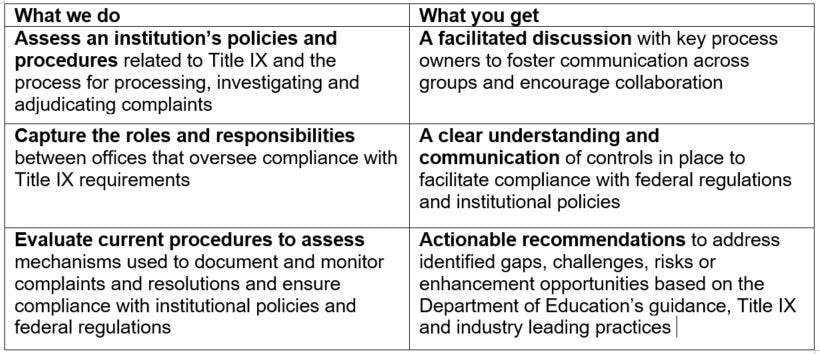

Title IX protections for LGBTQ+ students
Title IX of the Education Amendments of 1972 (Title IX) protects people from discrimination based on sex in any education programs that receive federal financial assistance (e.g., financial aid). On June 16, 2021, the Department of Education (ED or the Department) published a federal notice extending protections to LGBTQ+ students.
This notice follows a 2020 ruling by the United States Supreme Court in the case of Bostock v. Clayton County. In this case, the Supreme Court concluded that, in its prohibition of discrimination because of an individual’s sex, Title VII of the Civil Rights Act of 1964 prohibits an employer from discriminating against an individual on the basis of sexual orientation or gender identity.
What is next for higher education?
ED’s Notice of Interpretation did not change the law – it clarified the Department’s interpretation of Title IX. However, additional changes may be on the way. The current administration has plans to review and roll back the Title IX regulations that went into effect on Aug. 14, 2020.
Until the review is complete and changes are formally proposed, institutions should be prepared to process, investigate and resolve complaints of discrimination based on sexual orientation or gender identity. This may include revising policies and/or procedures and navigating instances in which state laws conflict with the Department’s interpretation of Title IX.
Baker Tilly can help
We can help your institution take a proactive approach to evaluate the current state of your policies, processes, internal controls and definitions related to Title IX and identify opportunities to reduce the identified risks.
For more information or to learn more about how Baker Tilly can help, contact our team.
Federal Register Notice of Interpretation: Enforcement of Title IX of the Education Amendments of 1972 with Respect to Discrimination Based on Sexual Orientation and Gender Identity in Light of Bostock v. Clayton County


